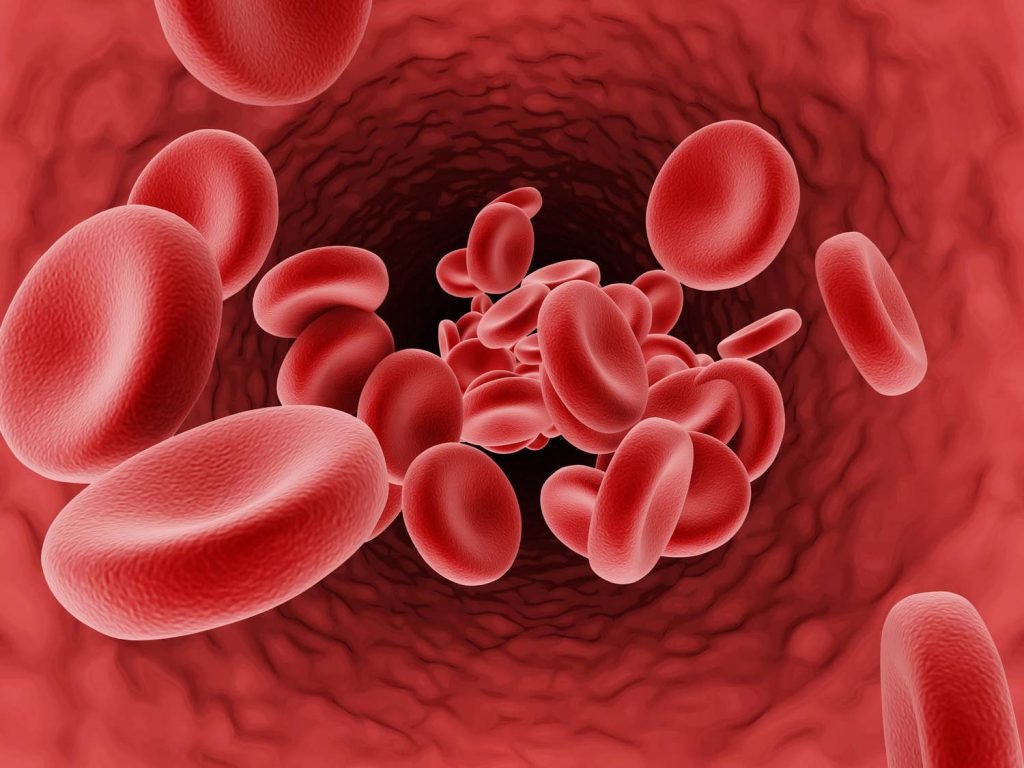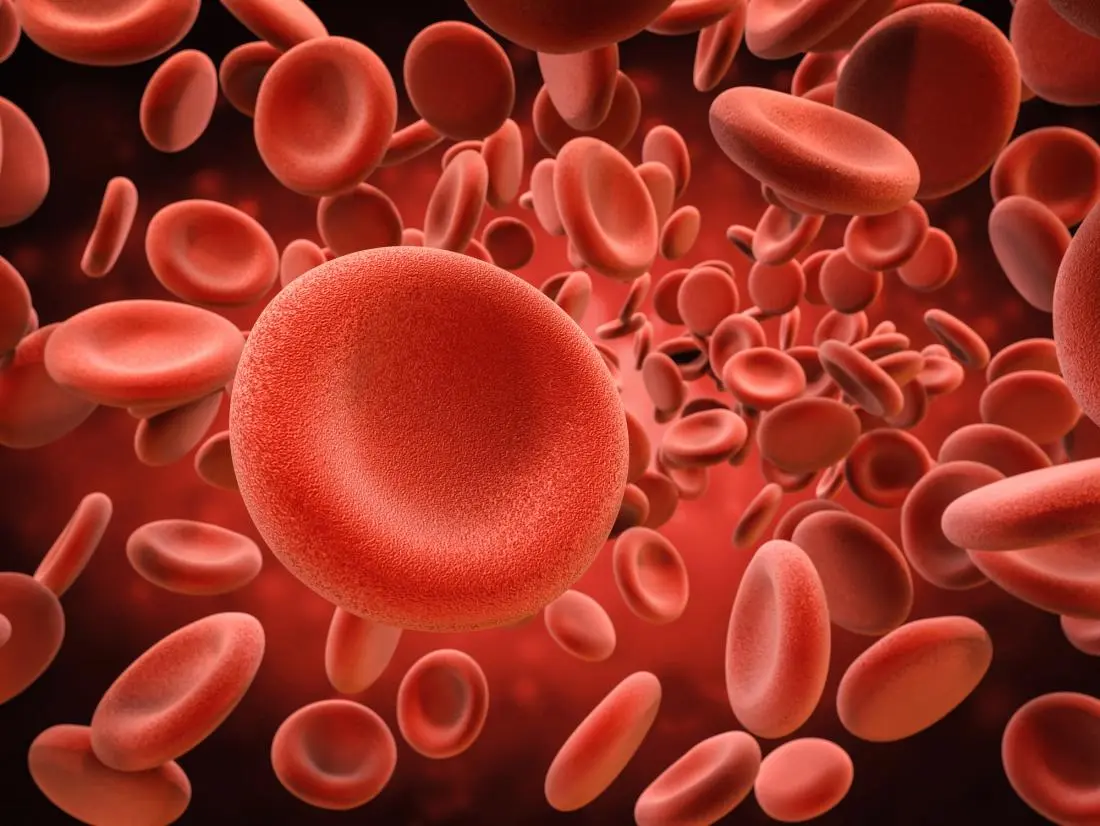CONDITIONS
Anemia & Iron Deficiency Treatment in Dubai

Anemia (or anaemia) means a reduction in the number of red blood cells in the body. This causes a shortage of hemoglobin – the red pigment in blood that is responsible for transporting oxygen around the body. There are many possible causes of anemia, some of which are due to digestive tract problems.

What are the symptoms of anemia?
Symptoms of anemia include tiredness, fatigue, feeling weak, lacking concentration and focus, and pale skin. Some types of anemia can cause a sore tongue or brittle nails. In anemia due to blood loss in the gut, the stool might appear darker or black.
What is iron deficiency anemia?
The body needs iron to make hemoglobin. If the body’s stores of iron run low, it cannot make enough hemoglobin. As a result, it cannot manufacture enough red blood cells which causes anemia. In iron deficiency anemia the red blood cells are often smaller than usual. On a blood count, this is shown by a low MCV number.
What causes iron deficiency anemia?
- Insufficient iron in the diet. Red meat is an important dietary source of iron. People with a vegetarian or vegan diet may not get sufficient iron from other dietary sources to meet their bodies’ requirements.
- Reduced absorption of iron from the gut. Conditions such as celiac disease that damage the lining of the small intestine will result in reduced absorption of nutrients including iron. Certain medicine such as antacids may impair the absorption of iron.
- Blood loss. If the body is losing blood, it quickly uses up its iron stores trying to make new red blood cells. Once the iron stores are depleted the body will not be able to keep up with the demand for more red blood cells, resulting in anemia. In young women, monthly blood loss from menstrual periods is a common cause of iron deficiency anemia. In older women and in men, the commonest site of blood loss is from the stomach and intestines such as from bleeding ulcers, inflammation, polyps, or even cancers. Small amounts of blood loss every day may not cause any noticeable changes in the stool but over weeks and months, it will result in anemia.
How is iron deficiency anemia investigated?
If you have iron deficiency anemia you may be referred to a gastroenterologist for further tests. They may include blood tests to check iron levels and look for celiac disease, stool tests to look for inflammation and hidden traces of blood in the stool, and gastroscopy and colonoscopy to look for ulcers, polyps, and other sources of bleeding.
Can other types of anemia be caused by digestive problems?
Vitamin B12 is another important nutrient needed for red blood cell production. Low levels of Vitamin B12 can result in anemia. Low levels of Vitamin B12 can be caused by problems in the stomach (e.g. autoimmune gastritis), gastrointestinal surgery, or problems affecting the end of the small intestine (ileum) such as Crohn’s disease.

Have recent blood tests shown that you have anemia or low levels of iron or vitamin B12? Are you concerned that you may have anemia? Dr Neil can help arrange any necessary tests in Dubai to investigate the condition and treat any underlying problems that may be causing your anemia.
